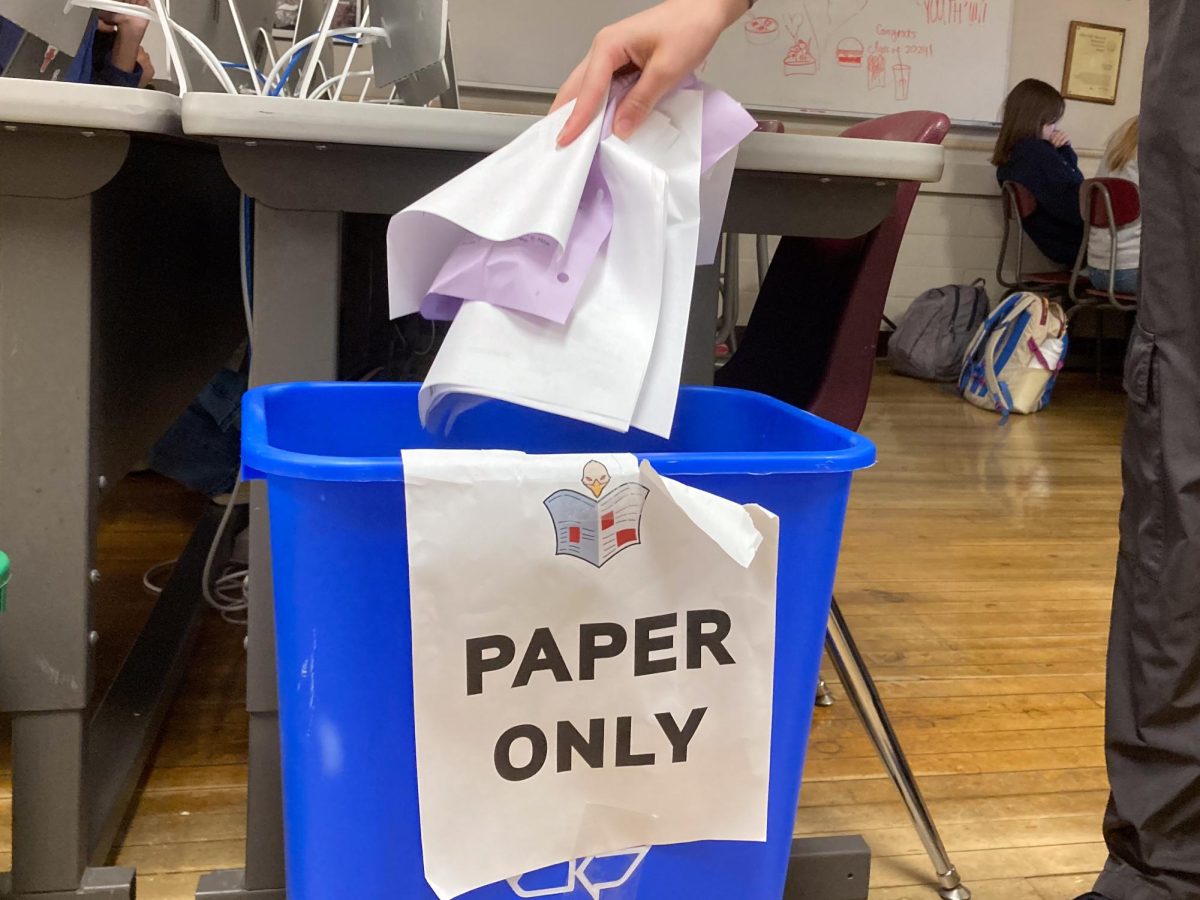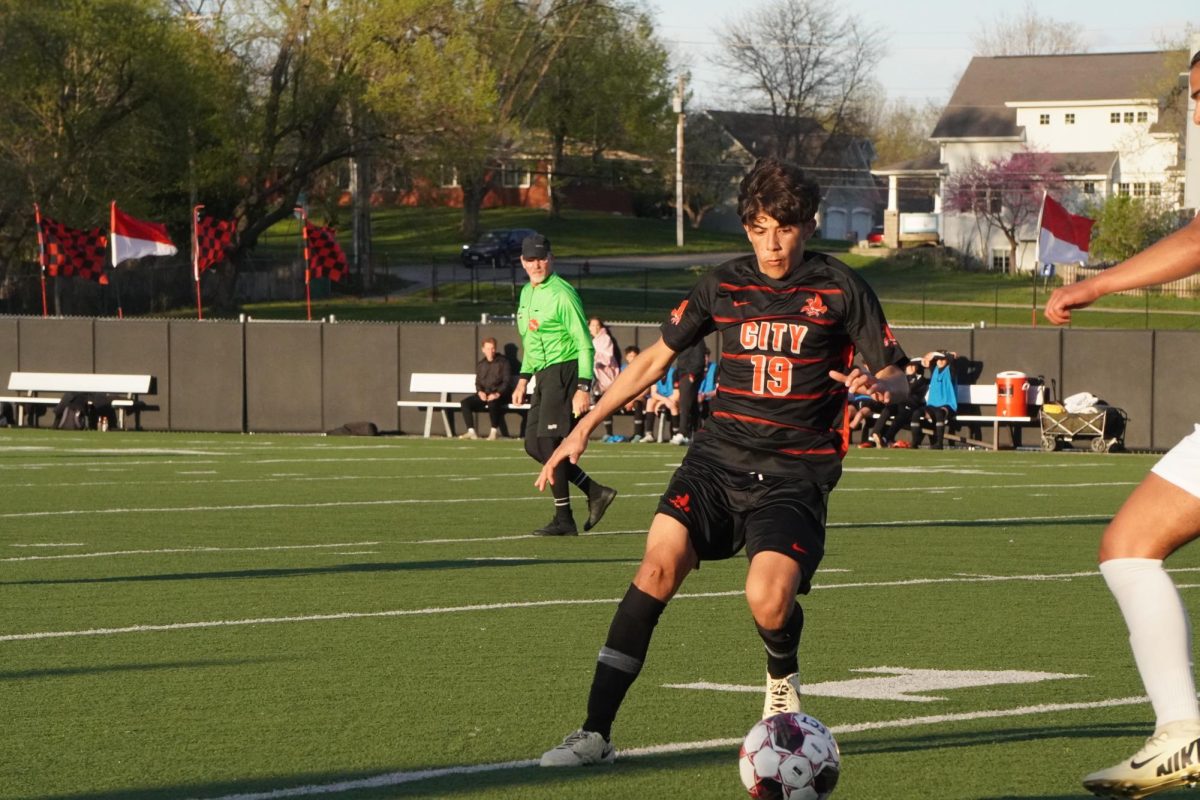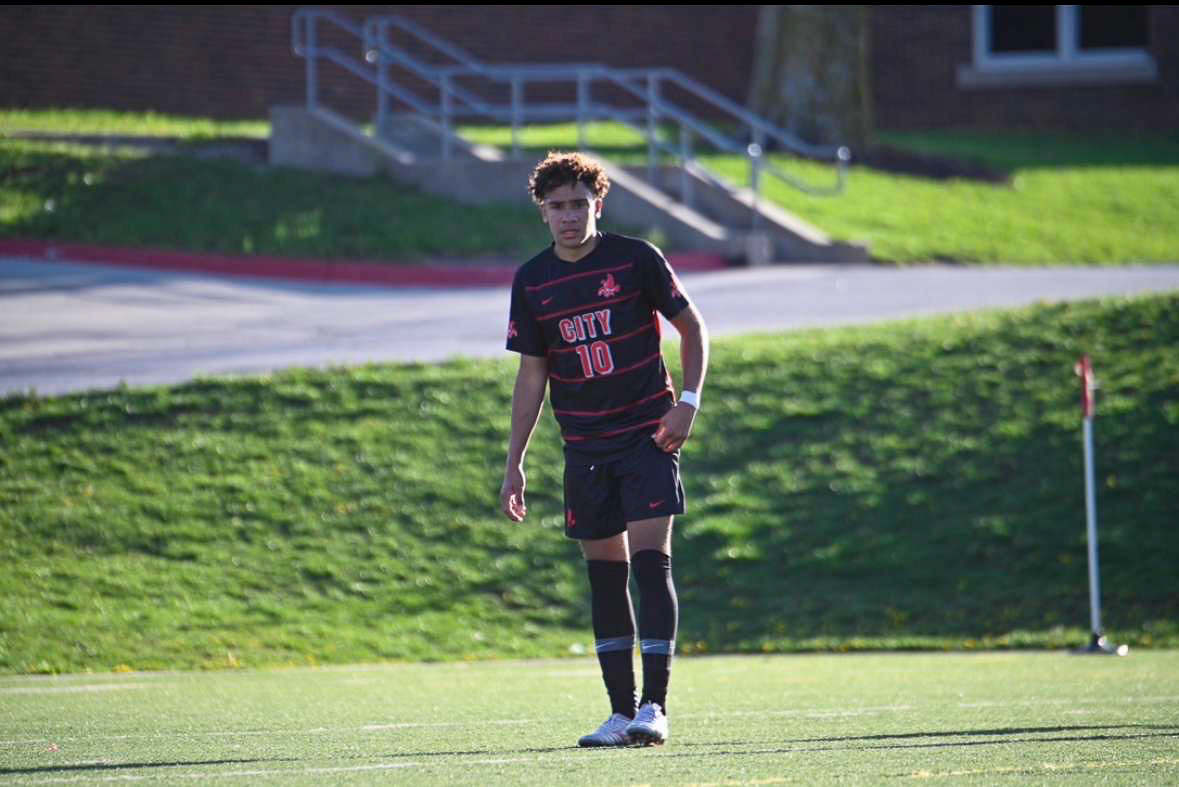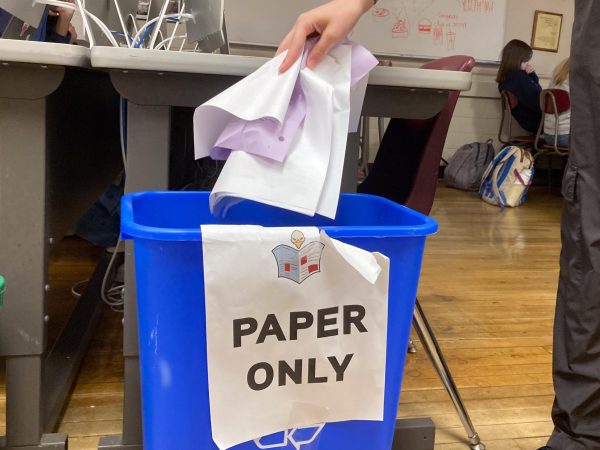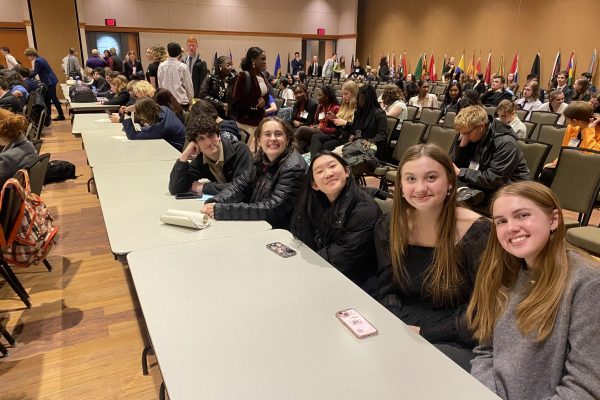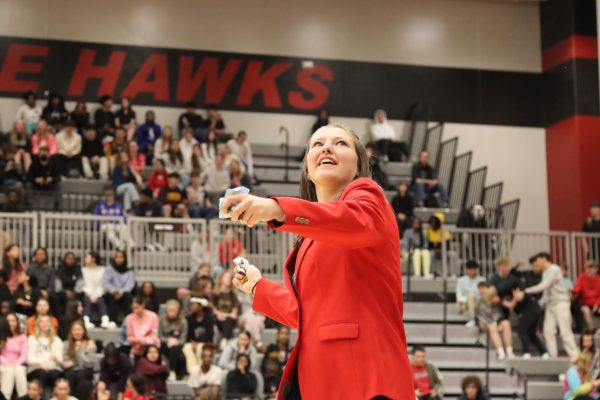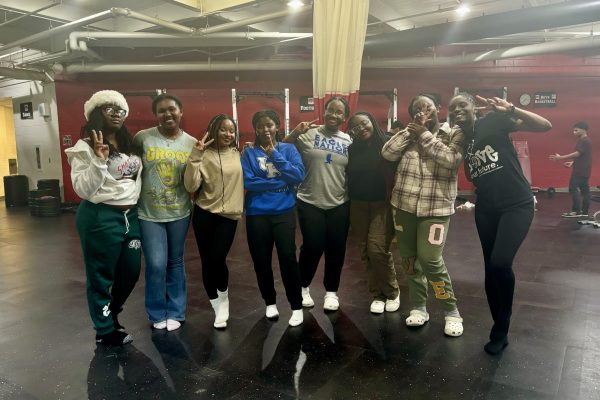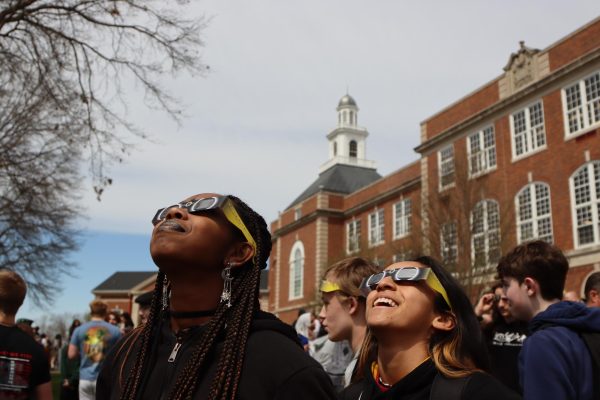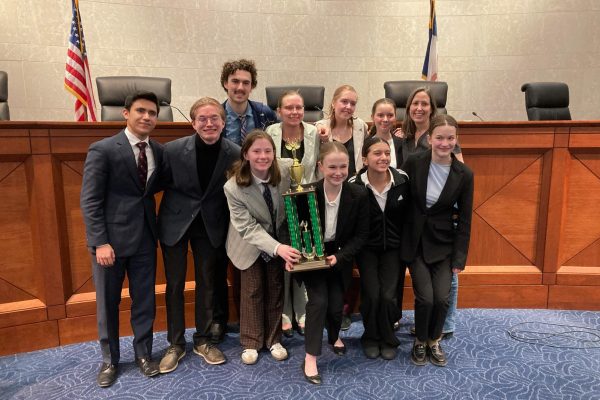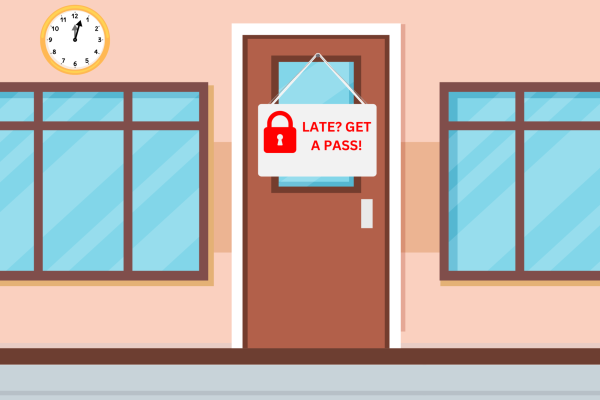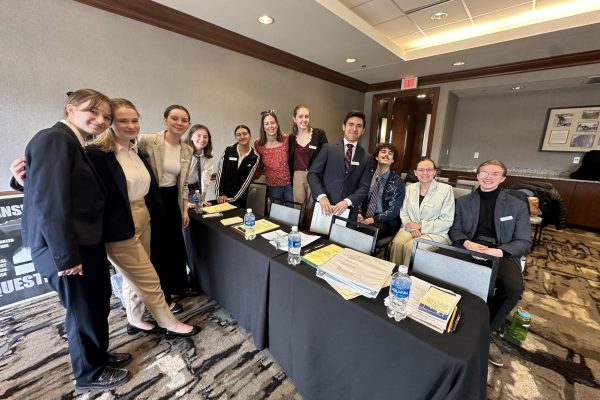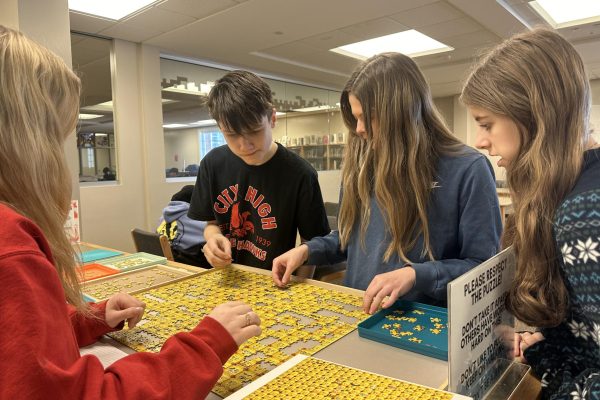Human Rights Day Anniversary Teach-In Seeks To Educate
December 10th, 2014 marks the anniversary of Human Rights Day and observes how these rights live in the world
December 10 marked the 66th anniversary of the Universal Declaration of Human Rights.
“[human rights] means a lot to me. It means that everyone has a set of basic human rights that people shouldn’t be able to violate,” Esme Rummelhart ‘17 said.
This s the most widely translated document in the world. United Nations established this document in 1948 to guarantee the rights of all the people.
“What it doesn’t say is where these rights come from. It’s left up to the reader to decide what human rights really are,” Cora Metrick-Chen, Associate Director of the Iowa United Nations Association said.
During Human Rights Day, the University of Iowa Center for Human Rights, Iowa United Nations Association, and Veterans for Peace held a “teach-in” on human rights education.
“Human rights are essentially voluntary,” Metrick-Chen said. “This can only happen if people who care make it happen.”
The declaration was established after World War II in an effort to avoid the calamity and catastrophe that had occurred.
“The atrocities of World War II opened peoples’ eyes to the fact that we can be really mean to each other- and that’s just putting it mildly – which scared a lot of people,” Andrea Cohen, University of Iowa College of Education PhD candidate, and Iowa City Human Rights Commissioner said.
Human Rights organizations in Iowa City have been working to help educate people on human rights.
“We need to let people know what their rights are, and get them to talk about the significance of the rights and how to act on them,” Amy L. Weismann, J.D. Assistant Director for the University of Iowa Center for Human Rights said.
The Universal Document of Human Rights has 30 articles establishing the rights of any human being. It’s the government’s responsibility to enforce human rights, and intervene when they’re being violated. Many people haven’t even seen these rights or even know the document exists.
“Human Rights is a subject that is very vague, and nobody really knows what they are talking about,” Ricardo Corrales ‘17 said. “Because honestly in school we don’t get very much education in that department, and everybody should understand what they are.”
Educating people on Human Rights has become a large goal for many people in the community for many reasons.
“If you know what human rights are and expect them for yourself you now they’re universal, and that it’s your duty to make sure everyone has them with you,” Cohen said. “The difficulty for Human Rights education begins with the different ways people see the definition and technicalities of it.
“The rights are not just a legal document, they’re the way in which we humanly understand each other,” an attendee of the human rights “teach-in” said.
Others see the document on a more large-scale, legalistic level.
“When you hear ‘human right’ in common language, it invokes a sort of moral response in people that might not correspond to how human rights actually function in the world,” Metrick-Chen said. “As soon as you call something a human rights violator you’re saying the entire international community has the obligation to come in and intervene.”
Despite the different definitions, many people want to simply intensify the spirit of human rights through education and innovation.
“The goal is to hopefully come back next year with some real progress, and have achievements to celebrate,” Weismann said. “It’s the work of educators in the community to let people know about rights, how to act on them, and protect everyone’s human rights.”
Your donation will support the student journalists of Iowa City High School. For 2023, we are trying to update our video and photo studio, purchase new cameras and attend journalism conferences.

